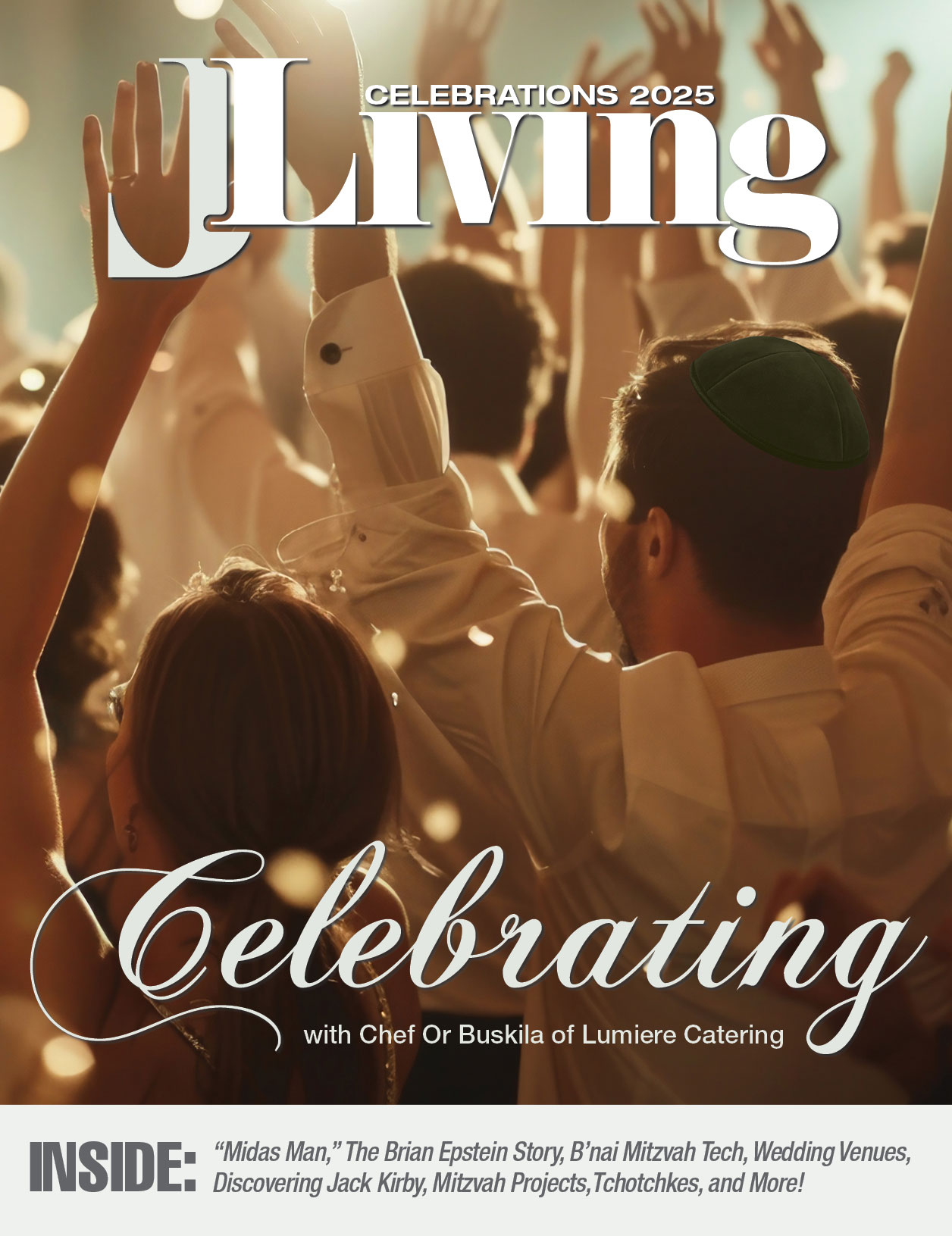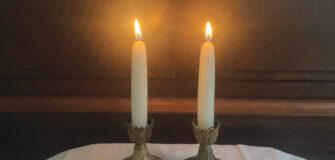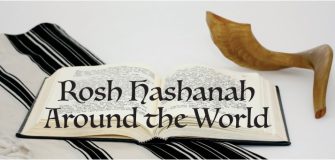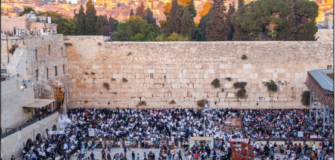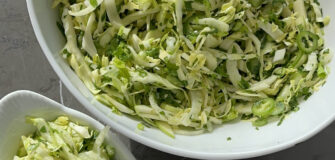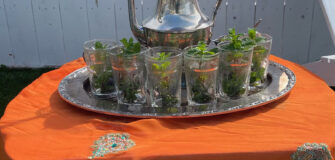Mimouna
The festival of Mimouna honors the end of Passover and marks the beginning of a new period of abundance and prosperity.
Traditionally celebrated by Maghrebi, or North African Jews, in places like Morocco, Israel, France and Canada, this occasion brings family, friends and community together to enjoy traditional Moroccan cuisine, music and rituals.
This year, Congregation Or Ami in Calabasas will host a Mimouna festival on Tuesday, April 30, from 5 to 8 p.m. PDT. Friends and neighbors can enjoy traditional foods, spirited music and fun activities.
“Mimouna, like Passover, is celebrated at home,” explains Or Ami congregant Ezina LeBlanc. “It’s hospitality — opening your home to your neighbors.”
The event, presented by Or Ami’s Mosaic Initiative/Jews of Color, is organized by the congregation’s JOC/POC community coordinator Shonda Walkovitz, as well as Or Ami Rabbi Lana Zilberman Soloway and LeBlanc. LeBlanc, a singer/musician with a new album of songs for Mimouna, will perform at the event.
“There are so many Jewish people who never experienced Mimouna,” Walkovitz says. “It’s a celebration of coming together. We are learning about the Jews of the diaspora.
My main focus at Or Ami’s Mosaic Initiative is to shine light on wonderful, lesser-known traditions and foster even more community-building.”
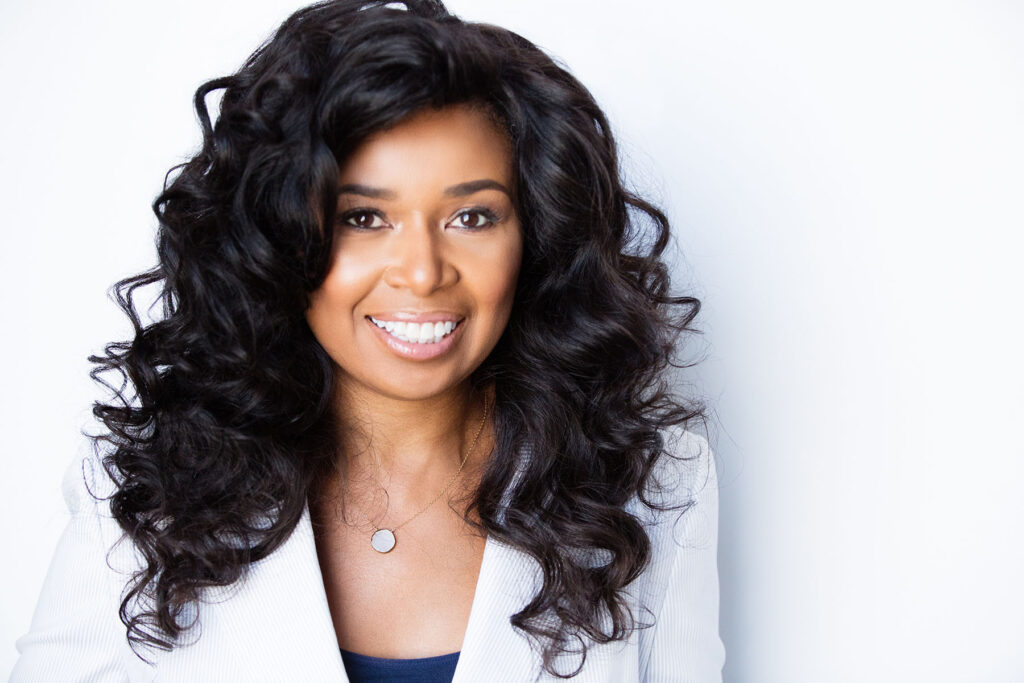

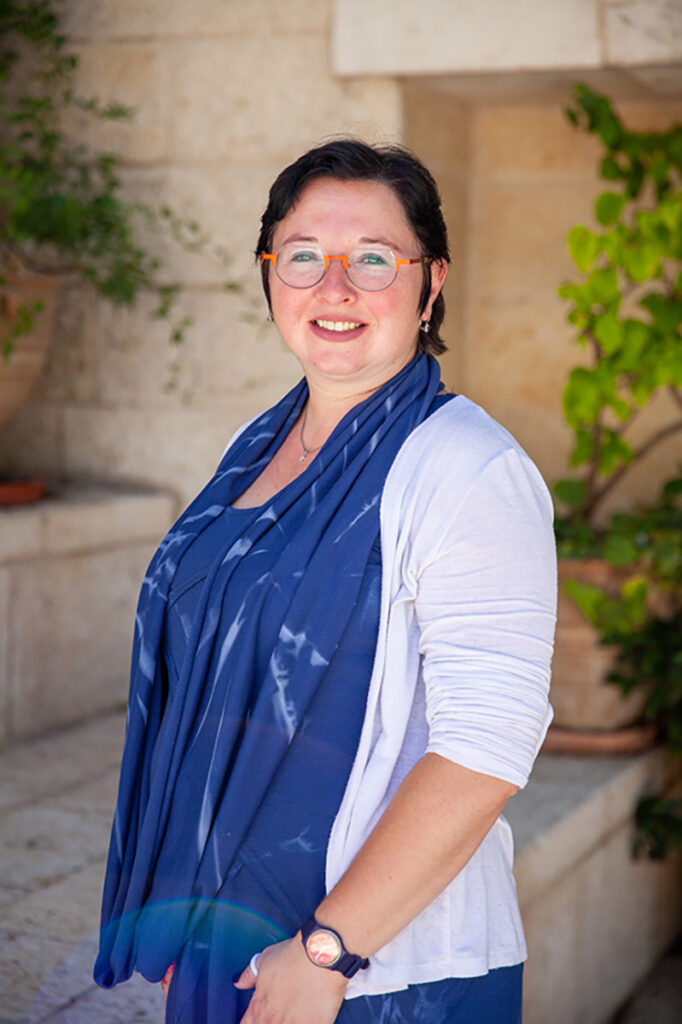
And what better time than after Passover!
Before the holiday, we give all of our chametz (leavened food) to our neighbors. This “party” celebrates the return of the forbidden food. There will be food, games, music, dancing and spring-themed decor.
“It’s a lot of music and dancing and eating,” LeBlanc explains. “Everything is bright colors — nothing dark, because we believe that the bright, beautiful colors invigorate the spirit, bring us joy and make us more welcoming.”
The colors of the pastries are also vibrant.
“It’s all sweet foods, because it’s about celebrating the sweetness of life,” LeBlanc says. “We have our flour back, we can have donuts and cookies and cakes, and we can put all kinds of sweet things in our pastries that we weren’t able to for the week.”
At Or Ami’s Mimouna, they’re going to have a Mofletta demonstration, so people can learn how to make it in the traditional way. Mofletta is a thin, sweet crepe with thinly rolled dough, cooked in a frying pan. It is usually eaten warm with butter, honey, syrup, jam, walnuts, pistachios or dried fruit.
“You just fold it and shovel it in your mouth,” LeBlanc says. “It’s delicious.”
They will also have a tea station, with rose, lavender and mint teas — featuring the silver tea set LeBlanc’s grandmother received at her wedding.
“In every Moroccan home, tea is very important,” LeBlanc says. “You go to people’s homes, and they’ll offer you water or a soft drink. We offer tea, and that’s it. It’s ingrained in us. Four o’clock comes, and it’s teatime, and I don’t care where I am or what I’m doing.”
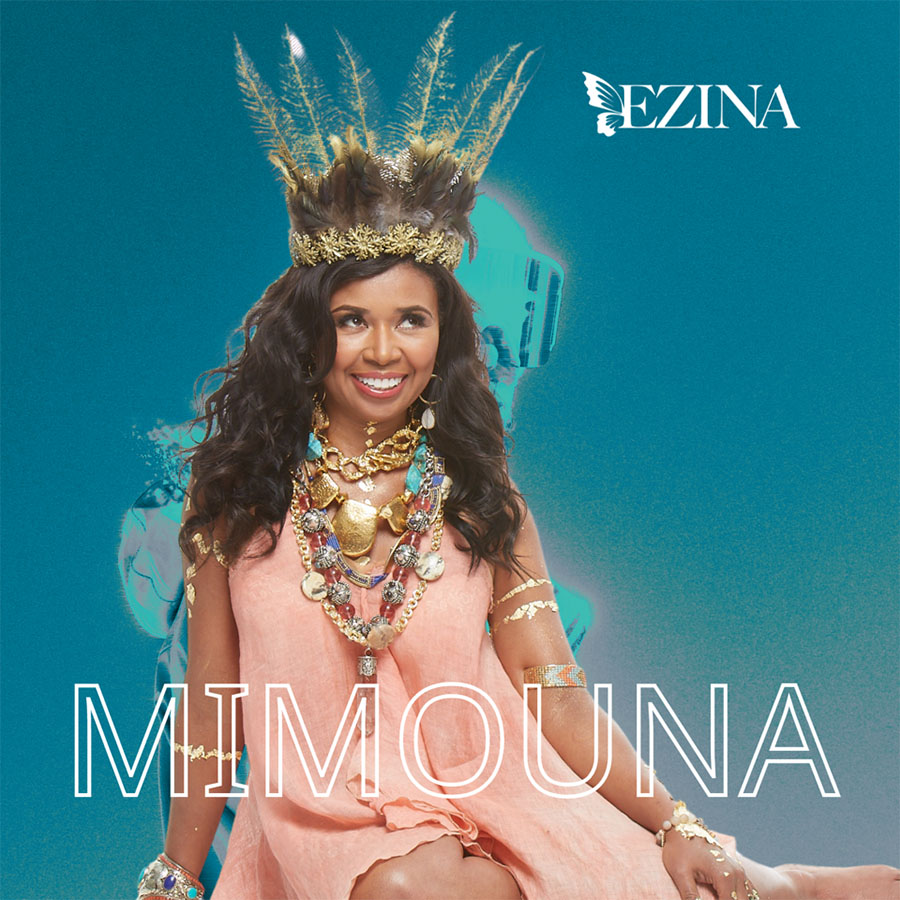
When asked why Mimouna is so important, LeBlanc says, “This is my life; I was born Moroccan and Jewish.”
Mimouna is the only event that encompasses the North African Jews and is the only event that really is about that diaspora.
“Everyone’s talking about Jews of color. You know we’ve been around forever,” LeBlanc says. “This is the event where people can come out, where it’s not threatening, and people can socialize with other Jews of color from the Mizrahi group and learn more about their traditions as well. The more we learn about all of the Jews around the world, the stronger we are as a culture and as a community.”
Walkovitz first met LeBlanc at a Hanukkah party at Or Ami. As Jews of color, they made an instant connection.
Walkovitz recalls their early conversations: “I wanted to make cultural events, so I asked her what we could do to make our community more rich with tradition and culture, and always through food and education. And Ezina said, ‘Let’s do a Mimouna.’ And I’ve been on board ever since.”
Mimouna symbolizes unity and solidarity, and also serves as a time to express gratitude, share blessings and usher in blessings for the coming year. The focus is to celebrate joyously and embrace the spirit of renewal and abundance.
While you can check to see if there’s a Mimouna event at your local synagogue or Chabad, you can easily put something together at home, as that truly is the traditional way to celebrate.
“You put on your Moroccan music, you’ve got Muffaletta, you can have some cookies, some chicken rolled in brown sugar with pastry, and you’ve got tea,” LeBlanc says.
“Invite a few friends over — it’s a party!”

